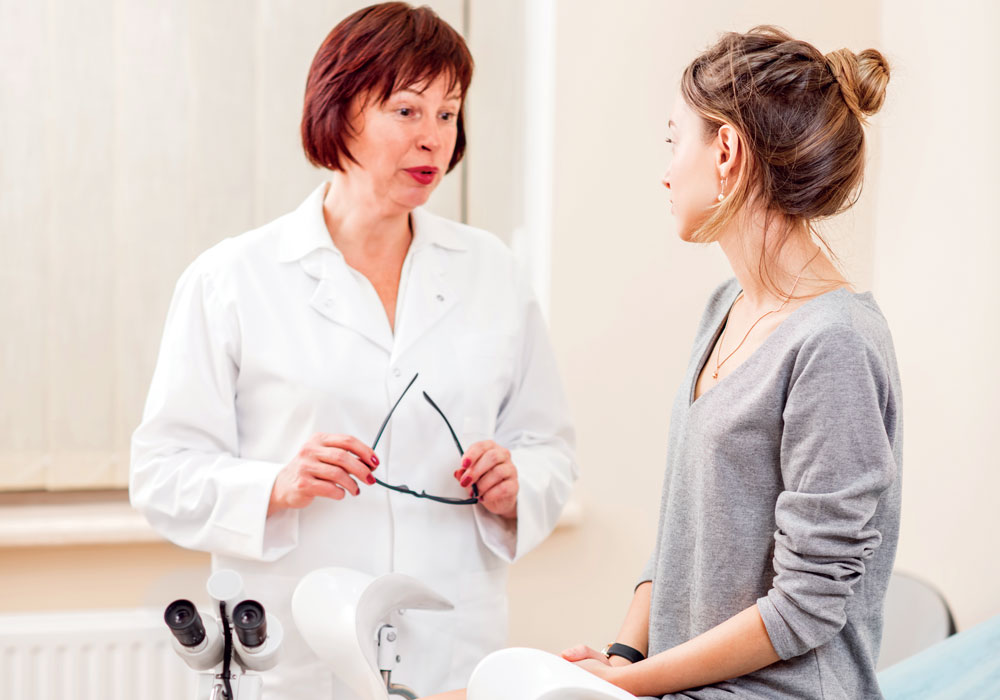In 2020, approximately 13,800 new cases of invasive cervical cancer will be diagnosed in the United States. Prevention and screening are critical to reducing its incidence, and the U.S. Department of Health and Human Services (HHS) launched an awareness campaign in January in recognition of Cervical Health Awareness Month. The movement educates women about cervical cancer risks, how and when to get the human papillomavirus (HPV) vaccine, the vaccine’s impact on cancer rates, and how to promote awareness.
Nearly 79 million Americans have HPV, many who are unaware they’re living with the virus. HPV’s ubiquity is a significant contributor to cervical cancer rates among women, and the HHS campaign is encouraging healthcare professionals, caregivers, and family members to help spread the word about HPV prevention.
To raise awareness, HHS offers the following recommendations:
- Encourage women to get their well-woman visit this year.
- Educate patients that most insurance plans must cover well-woman visits and cervical cancer screening. Depending on their insurance, women can get these services at no cost to them.
- Talk to parents about how important the HPV vaccine is for preteens. Both boys and girls need the vaccine.
HHS’s toolkit also offers information and resources for institutions to use to raise awareness:
- Add HPV and cervical cancer information to your newsletter.
- Advocate on social media for Cervical Health Awareness Month.
- Add this web badge to your institution’s website.
- Host a community event to raise awareness.
As experts in patient-centered care, cancer prevention, and education, oncology nurses can make a difference for their patients and in their communities by connecting individuals to cervical cancer resources and encouraging healthy habits to limit cancer risk. Nurses have been voted the most trusted profession in the United States for 18 years in a row. Patients look to their nurses for guidance, and nurses are key to HHS’s ongoing prevention efforts throughout the year.






